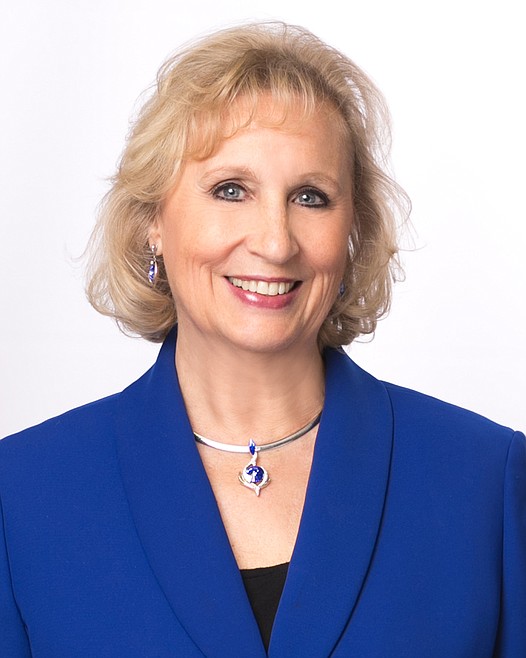ADVERTISING: Advertorial — Herbal Medicine: New science or ancient remedy?
As “modern medicine” increasingly relies on surgery, radiation and drugs for most conditions, a fair percentage of the populace are looking for more natural options. Likely, in their quest they discover, or re-discover herbal medicine.
As people strive to take their own health into their hands, there can be a lot of questions. The internet is full of advice, some good, and some questionable. Others rely on the hearsay of well-intentioned, friends or family, while others take to the science.
Because of this surgency into herbal medicine, many people think it’s “new.” But herbal remedies have been around pretty much since the beginning of time. It was more of an ancient awareness that didn’t come from books. We are in an era where it is a fascinating blend of old, time-honored knowledge and the science to support it. Traditional medicines varied from culture to culture, passed on through generations of time. Some were tried and true, others were found to be superstitious.
Traditional and herbal medicine focused on a wholistic (whole body) and holistic (natural) approach to healing. The body was treated as a whole, whereas today it is sectionalized and specialized. Our predecessors were much better at observation of the body relative to nature, and making lifestyle changes to remedy it. If those changes weren’t enough, foods and herbs were used as the antidote, only later being scientifically validated. These observations were shared across communities and handed down through generations of time. It is referred to as empirical knowledge, and is gained through direct observation, experience, or experimentation, rather than theory and scientific studies.
Today, empirical knowledge is not enough. We emphasize evidence-based medicine, so that we understand how it works — it’s not enough to know that it does. I love the hows, and continually search deeper and deeper for them.
But there are problems with only science-based approaches. First of all, you can no longer trust studies. I know, I quote many studies, but the problem is digging deep enough to know and understand the bias. All research has a bias, and if a company is going to pay for an expensive study, they will make sure that the study is swayed in the direction that leads them to recouping those expenses. This is the bias — who is reaping the fiscal benefits with the outcome? When you understand that, you read the research — not just the titles, subtitles and abstracts, but the methodology, screening processes, and the data analysis. There are few truly honest studies anymore. Often, a meta-analysis is more honest, as it is analyzing multiple similar studies, but it too costs money, and knowing the bias based on who will gain from the information is vital.
The intersection of Traditional Medicine, particularly herbal medicine, and evidence-based medicine is fascinating. I love the time we live in — we have both — the science and the traditional wisdom to help us gain the upper hand on our health!
Want to hear more from Holly Carling? Check out our podcast. Search for VitalHealth4You on your favorite podcast listening app or go to vitalhealthcda.com/podcasts/.
• • •
Holly Carling is a Doctor of Oriental Medicine, Licensed Acupuncturist, Doctor of Naturopathy, Clinical Nutritionist and Master Herbologist with over four decades of experience. Carling is a “Health Detective.” She looks beyond your symptom picture and investigates WHY you are experiencing your symptoms in the first place.
Carling is currently accepting new patients and offers natural health care services and whole food nutritional supplements in her Coeur d’Alene clinic. Visit Carling’s website at www.vitalhealthcda.com to learn more about Carling, view a list of upcoming health classes and read other informative articles.
Carling can be reached at 208-765-1994 and would be happy to answer any questions regarding this topic.

